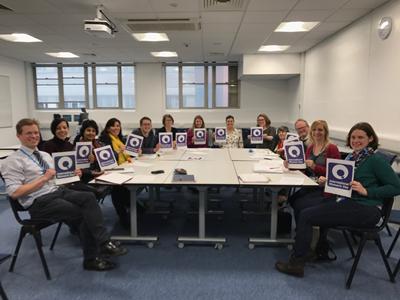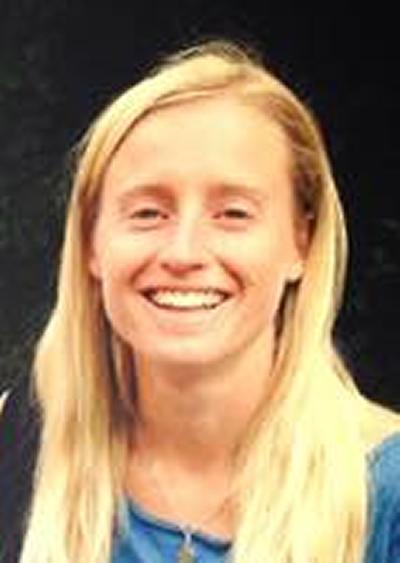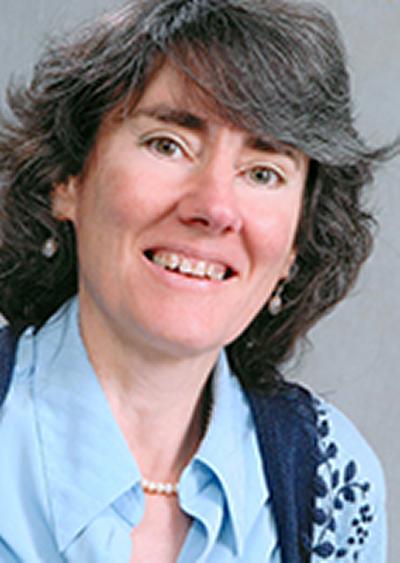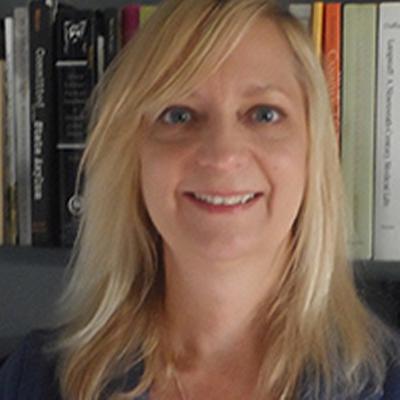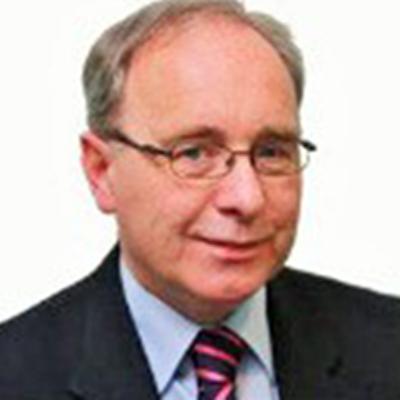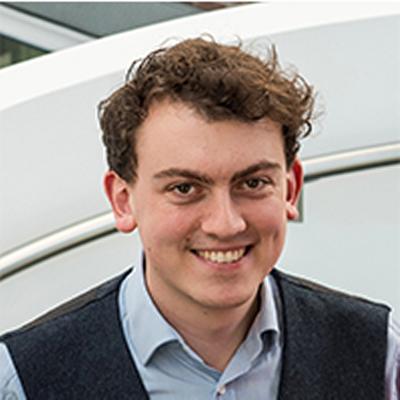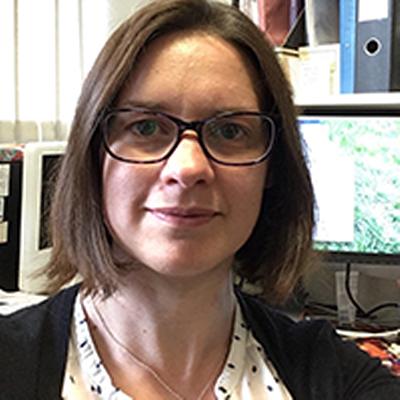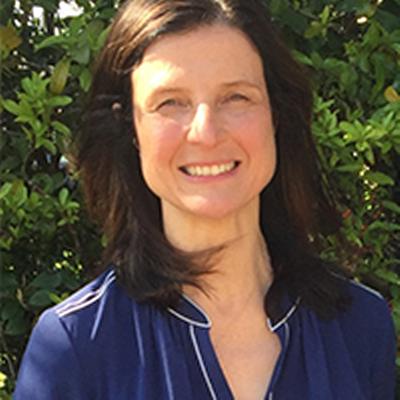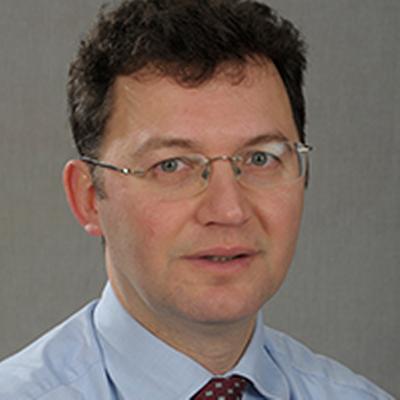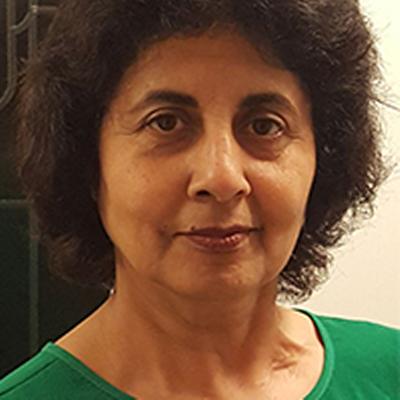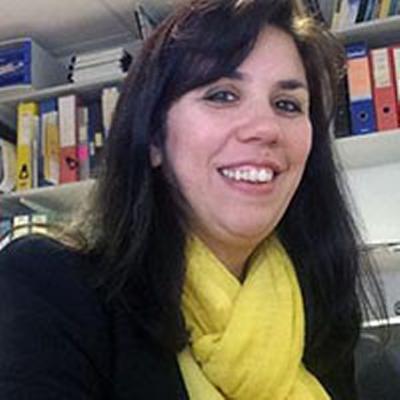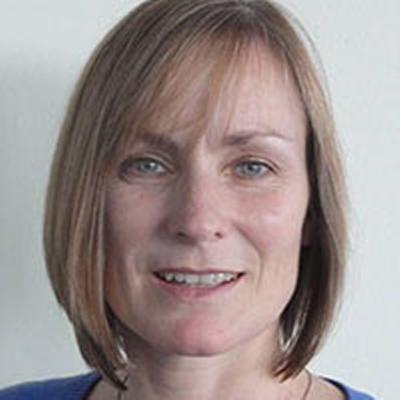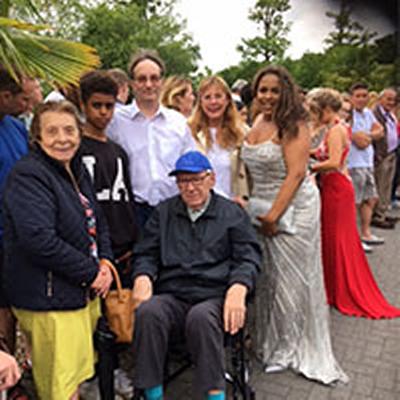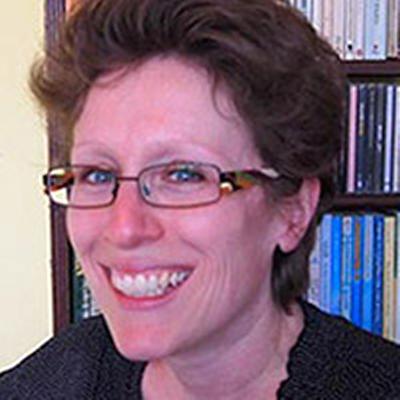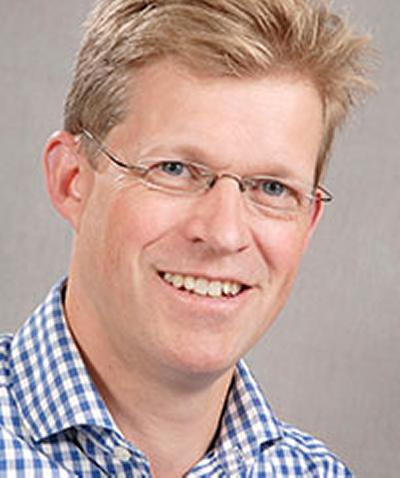Cornelia Blume
In 2011 I joined the Faculty of Medicine as a postdoctoral research fellow and are now an early career researcher at the transition to independency. In summer 2015 I gave birth to my son and started my maternity leave for 8 month. As I was employed on a fixed-term contract, which would have ended during my leave period, it was not clear for me if I would be able to continue my academic career path after my maternity leave adding a lot of uncertainty and stress to my situation. Only with the support of the Maternity Returners Fund of the Faculty of Medicine, that gave me the security and reassurance needed, I was able to return to work on a part-time basis for a period of one year and to continue my academic career path. This year was a very important time in my career, in which I applied for several fellowships and grants and initiated collaborations with external partners. Due to the support of the maternity fund I was able to secure a substantial research contract with a pharmaceutical company, which is allowing me to consolidate my independence as a researcher. Furthermore, I was able to secure a Faculty of Medicine Postdoctoral Career Track Award, which is enabling me to pursue my scientific career and become an independent researcher. Without the support of the maternity fund I would have not been able to continue my academic research career after my maternity leave and would have been forced to look for an alternative career path outside academia.
Emily Swindle
I arrived in Southampton in 2008 as a postdoctoral researcher from a postdoctoral fellowship at the National Institutes of Health, USA which followed my PhD at the University of Liverpool. I was employed by the Faculty of Medicine on a short-term contract for 18 months during which time I was encouraged to secure my own funding by my supervisor and mentor, a senior female academic. I applied and was awarded two externally funded research grants and one internally funded Faculty of Medicine postdoctoral career track fellowship. This fellowship was very important in giving me the time to develop my own research program. I applied for an externally funded fellowship in 2012 and while shortlisted for interview I was unsuccessful. However, in February 2013, I successfully secured my current permanent position of lecturer in Pharmacology at the Faculty of Medicine.
The support by the Faculty has been absolutely instrumental in the success of my academic career in science including the postdoctoral career track award (salary and consumables) and supporting grant and fellowship applications by providing feedback and advice. For my fellowship applications several senior academics gave up their time providing practice interview sessions and support prior to the interview. Of particular importance was the role of senior academic clinicians and scientists (both men and women) who built my confidence enabling me to be assertive and assured at interview. Without this type of mentoring I believe I would not have performed as well as I did at interview for either the fellowship or lectureship.
During my transition from postdoctoral to independent researcher, I was actively encouraged to take up external speaking opportunities at international conferences which built my confidence. I was given opportunities to supervise research students, review manuscripts and write grants. The Faculty also encouraged me to attend a researcher talent development programme in 2011 which focused on developing the skills and attributes to become a successful leading researcher.
Since becoming a lecturer I have taken the opportunities of sitting on the scientific committee of a local research charity and I am a member of the SAT for the Faculty of Medicine’s Silver Athena SWAN application. Sitting on these committees has exposed me to the various processes in running these committees, experience of how the Faculty operates and has given me access to a variety of people including senior research academics, human resources and faculty operating services. I am actively involved in the mentoring support offered by the Faculty helping increase the visibility of the mentoring scheme within the Faculty. I have set up a peer mentoring group for ECRs aimed at supporting and developing their fellowship applications. By undertaking these new roles in the Faculty I hope to provide similar support for junior scientists to that which enabled me to achieve my goal of an academic career in science.
Shelley Parr
I was appointed as a level 6 Principal Teaching Fellow and Programme Leader of the Graduate Entry Medical Programme in the Faculty of Medicine in January 2011.
I joined the faculty married with one 2 year old son, my husband worked in London 4 days a week and I had no close family members nearby. I was the main person responsible for childcare arrangements during the week and overnight trips/extended hours meetings were difficult. Despite several changes to home life and childcare arrangements, support from the Faculty and my supervisor has enabled me to carry out my job and continue to provide support and care for my children. Examples of this include:
- Discussing work/life balance in catch up meetings/appraisals, childcare responsibilities were always taken into consideration. Staff development opportunities that could work around my situation were identified.
- I became pregnant in July 2011 and received a positive responses and support during the pregnancy despite the timing not being ideal (middle of a curriculum review). Extreme Braxton hicks contractions and back pain in the last two months of my pregnancy meant my mobility was significantly impaired. I was supported in my wish to continue working until my planned maternity leave through home working.
- After a planned 6 months of maternity leave (April 2012-October 2012), I returned to work but requested a reduction in working hours to 0.8FTE in order to spend more time with my children. Not only was my request granted without question, I requested to return to full time work slightly earlier than originally planned to fit in with my husband taking 9 months parental leave – my request was again granted without question.
Support for developing skills and career
From the start of my job in the faculty I have been invited to take up and or/seek out staff development opportunities to develop my skills and progress my career. I have been welcomed into the senior management team, given numerous opportunities for experience and networking that will help develop my career further and ideas and suggestions that I have made have been welcomed and encouraged. I have recently been encouraged to submit an application for the role as head of the Medical Education Academic Unit and further motivated by being told that I now have the skills and experience to work at this level.
I actively chose to pursue a career in education rather than research at an early age (following my PhD and 1 Post-Doctoral position) and despite this being a less well established career route in the UK I have felt more safe, most appreciated and with the greatest options for career development in the Faculty of Medicine at the University of Southampton than in any other post. The support I get from my line manager, in particular the Associate Dean for Education, and from colleagues means that I have been able to achieve the ideal life/work balance.
The impact of the FoM Maternity Returners Fund on my Career
In 2011 I joined the Faculty of Medicine as a postdoctoral research fellow and are now an early career researcher at the transition to independency. In summer 2015 I gave birth to my son and started my maternity leave for 8 month. As I was employed on a fixed-term contract, which would have ended during my leave period, it was not clear for me if I would be able to continue my academic career path after my maternity leave adding a lot of uncertainty and stress to my situation. Only with the support of the Maternity Returners Fund of the Faculty of Medicine, that gave me the security and reassurance needed, I was able to return to work on a part-time basis for a period of one year and to continue my academic career path. This year was a very important time in my career, in which I applied for several fellowships and grants and initiated collaborations with external partners. Due to the support of the maternity fund I was able to secure a substantial research contract with a pharmaceutical company, which is allowing me to consolidate my independence as a researcher. Furthermore, I was able to secure a Faculty of Medicine Postdoctoral Career Track Award, which is enabling me to pursue my scientific career and become an independent researcher. Without the support of the maternity fund I would have not been able to continue my academic research career after my maternity leave and would have been forced to look for an alternative career path outside academia.
